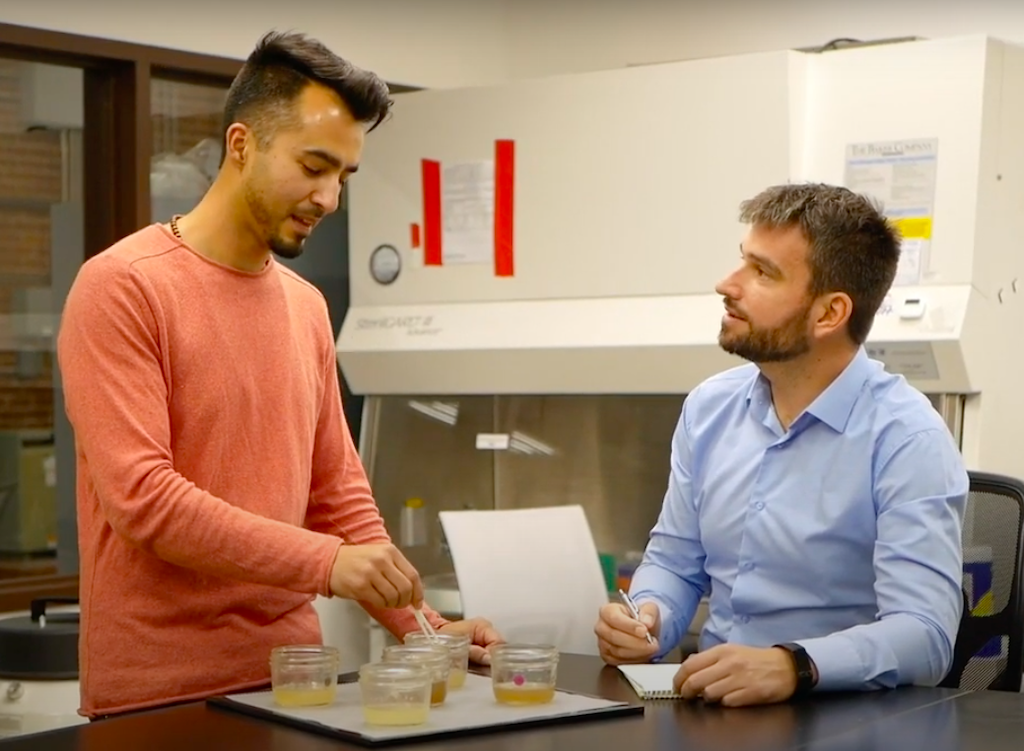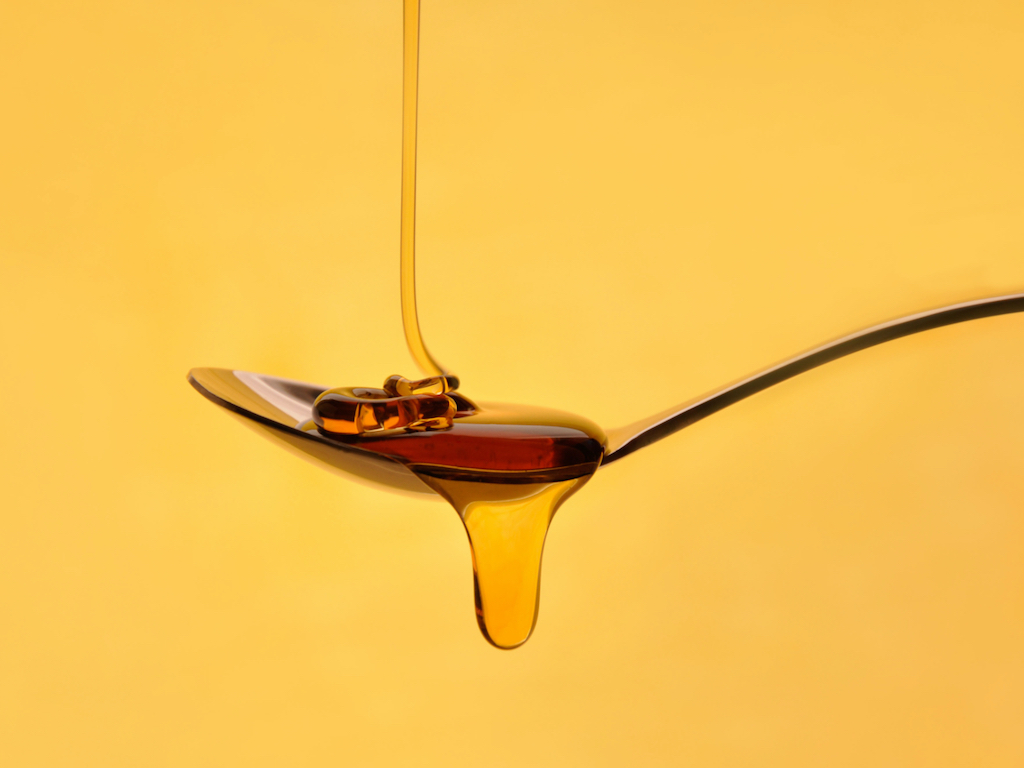4 Mins Read
While many food techs have been working on sustainable alternatives for meat, eggs and dairy, there perhaps hasn’t been as much innovation focused on honey – an often overlooked food that vegans avoid due to ethical and environmental reasons, with many turning to substitutes like maple syrup or blackstrap molasses. But this startup is on a mission to make honey that is molecularly identical to the real thing, with the same health benefits and delicious taste, but without any bees involved.
“Being part of the honey industry for 8 years helped me to understand all the challenges ranging from the broken global supply chain to issues of adulteration and most importantly large scale die-offs that threaten 20,000 bee species,” Darko Mandich, the co-founder and CEO of Berkeley, California-based MeliBio, told Green Queen.
“If we don’t bring sustainability through innovation into this industry, it could seriously harm bees and humans. So I decided to move from Europe to California and join the emerging community that is working on producing animal products just without the animals.”
Read: Why do vegans avoid honey & other important facts about nature’s pollinators

It was there that Mandich met with MeliBio co-founder Aaron Schaller, PhD, who together are laser-focused on their mission to replicate the superfood without the harmful consequences that commercial bee farming has on biodiversity. They are deploying the novel scientific technologies and synthetic biology to create real honey that has the same “familiar delicious taste and functional benefits, just without the use of bees” that even vegans can eat.
If we don’t bring sustainability through innovation into this industry, it could seriously harm bees and humans. So I decided to move from Europe to California and join the emerging community that is working on producing animal products just without the animals.
Darko Mandich, Co-Founder & CEO of MeliBio
Experts have for years raised alarm bells over the consequences of continued decline in pollinators like wild bees, who are different from honeybees, and with almost three-quarters of the world’s food crops are dependent on these pollinators, and their suffering numbers could pose serious problems for global food security. A recent study highlighted apples, cherries and blueberries as key crops that are now already in jeopardy.
“From the animal welfare perspective, commercial beekeeping is unethical too. A lot of bees die or get stressed while being moved in big trucks across the country, they are being smoked and wings of queens are being clipped to keep them fit for artificial insemination,” Mandich added.
“Pathogens also spread more easily amongst stressed bees. A lot of people think that bees like to produce honey as their food which is true, however not under the conditions we as humankind have forced them into. Imagine how difficult it is for bees to produce honey as their food and then have that food taken from them and replaced with low nutritional cocktails of sugar and water that are supposed to keep them alive during winters.”

Customers have an amazing power and with every purchase they make they cast a ballot for the mission they are aligned with.
Darko Mandich, Co-Founder & CEO of MeliBio
It’s a topic with far less mainstream awareness than other forms of animal agriculture and their adverse environmental and ethical impacts have had in recent years. MeliBio, who have recently been accepted into New York accelerator Big Idea Ventures’ (BIV) latest cohort of next-gen food techs, thinks that needs to change, and to that end, the startup has published a “State of the Bees” report in hopes to educate the public on the challenges that bees face.
“We are specially focused on educating consumers on the challenges of native and wild bee species that are far more endangered than honeybees that cannot go extinct,” Mandich tells Green Queen. “Customers have an amazing power and with every purchase they make they cast a ballot for the mission they are aligned with.”
When it comes to when consumers will be able to get a first taste of animal-free real honey, the startup, which only came out of stealth mode a few months ago, says it is well on-track to deliver its initial product by Q3 of next year, starting with U.S.-based companies via a B2B model.
“We see that companies sourcing honey are becoming more interested in sustainability of the industry and the effect it has on bees. We’re striving to become the leader of the future honey industry that makes a positive impact on the planet and makes this superior ingredient accessible to everyone without harming bees.”
Lead image courtesy of Nature Nate’s.




